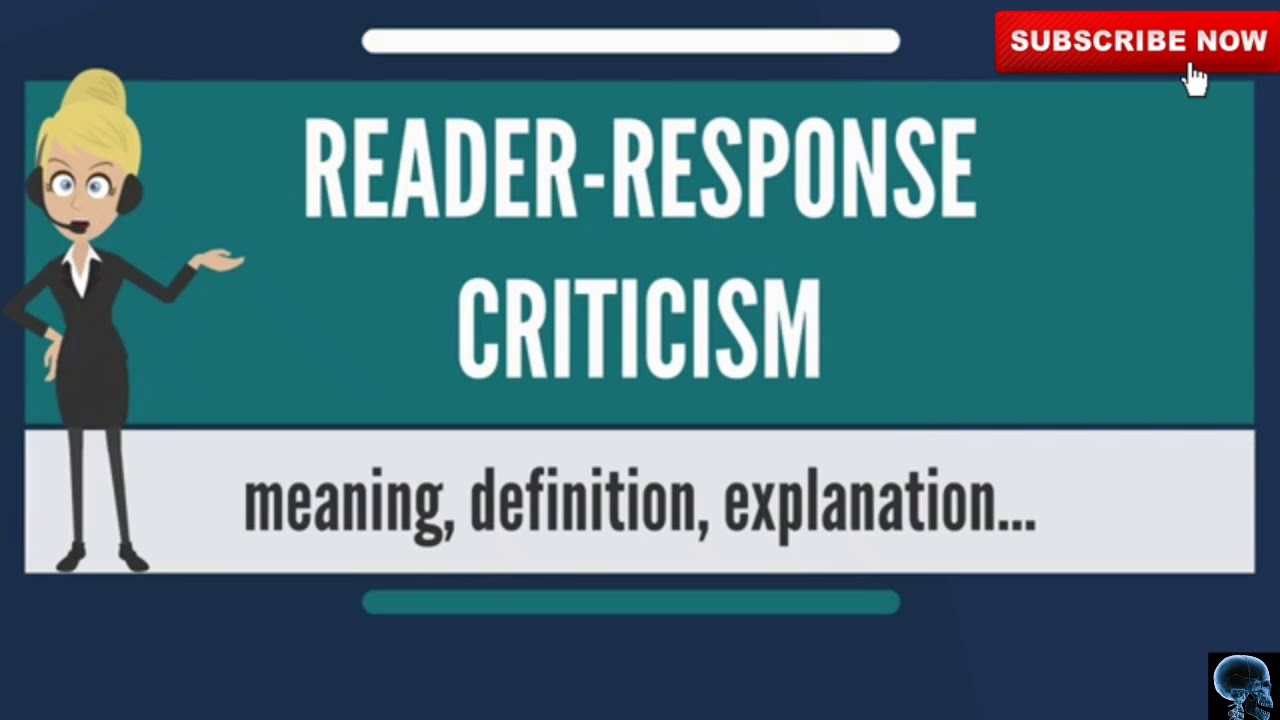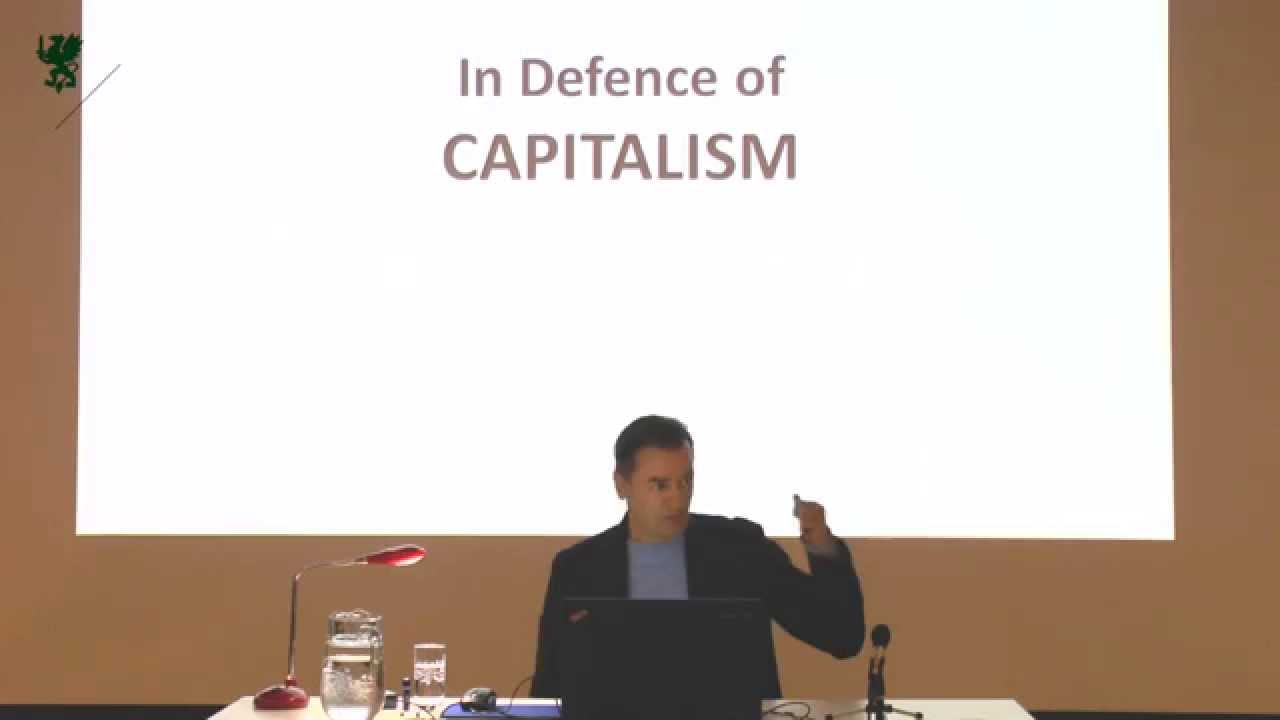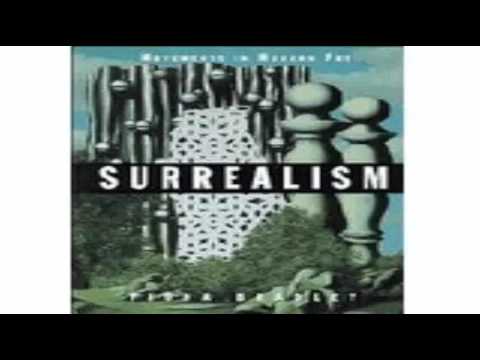What is READER-RESPONSE CRITICISM? What does READER-RESPONSE CRITICISM mean? READER-RESPONSE CRITICISM meaning – READER-RESPONSE CRITICISM definition – READER-RESPONSE CRITICISM explanation.
Source: Wikipedia.org article, adapted under https://creativecommons.org/licenses/…license.
Reader-response criticism is a school of literary theory that focuses on the reader (or “audience”) and their experience of a literary work, in contrast to other schools and theories that focus attention primarily on the author or the content and form of the work.
Although literary theory has long paid some attention to the reader’s role in creating the meaning and experience of a literary work, modern reader-response criticism began in the 1960s and ’70s, particularly in the US and Germany, in work by Norman Holland, Stanley Fish, Wolfgang Iser, Hans-Robert Jauss, Roland Barthes, and others. Important predecessors were I. A. Richards, who in 1929 analyzed a group of Cambridge undergraduates’ misreadings; Louise Rosenblatt, who, in Literature as Exploration (1938), argued that it is important for the teacher to avoid imposing any “preconceived notions about the proper way to react to any work”; and C. S. Lewis in An Experiment in Criticism (1961).
Reader-response theory recognizes the reader as an active agent who imparts “real existence” to the work and completes its meaning through interpretation. Reader-response criticism argues that literature should be viewed as a performing art in which each reader creates their own, possibly unique, text-related performance. It stands in total opposition to the theories of formalism and the New Criticism, in which the reader’s role in re-creating literary works is ignored. New Criticism had emphasized that only that which is within a text is part of the meaning of a text. No appeal to the authority or intention of the author, nor to the psychology of the reader, was allowed in the discussions of orthodox New Critics.
Traditional text-oriented schools, such as formalism, often think of reader-response criticism as an anarchic subjectivism, allowing readers to interpret a text any way they want. Text-oriented critics claim that one can understand a text while remaining immune to one’s own culture, status, personality, and so on, and hence “objectively.”
To reader-response based theorists, however, reading is always both subjective and objective. Some reader-response critics (uniformists) assume a bi-active model of reading: the literary work controls part of the response and the reader controls part. Others, who see that position as internally contradictory, claim that the reader controls the whole transaction (individualists). In such a reader-active model, readers and audiences use amateur or professional procedures for reading (shared by many others) as well as their personal issues and values.
Another objection to reader-response criticism is that it fails to account for the text being able to expand the reader’s understanding. While readers can and do put their own ideas and experiences into a work, they are at the same time gaining new understanding through the text. This is something that is generally overlooked in reader-response criticism.
Reader-response criticism relates to psychology, both experimental psychology for those attempting to find principles of response, and psychoanalytic psychology for those studying individual responses. Post-behaviorist psychologists of reading and of perception support the idea that it is the reader who makes meaning. Increasingly, cognitive psychology, psycholinguistics, neuroscience, and neuropsychoanalysis have given reader-response critics powerful and detailed models for the aesthetic process. In 2011 researchers found that during listening to emotionally intense parts of a story, readers respond with changes in heart rate variability, indicative of increased activation of the sympathetic nervous system. Intense parts of a story were also accompanied by increased brain activity in a network of regions known to be involved in the processing of fear, including amygdala.
Because it rests on psychological principles, a reader-response approach readily generalizes to other arts: cinema (David Bordwell), music, or visual art (E. H. Gombrich), and even to history (Hayden White). In stressing the activity of the scholar, reader-response theory justifies such upsettings of traditional interpretations as, for example, deconstruction or cultural criticism.
Radiology topics
Source



